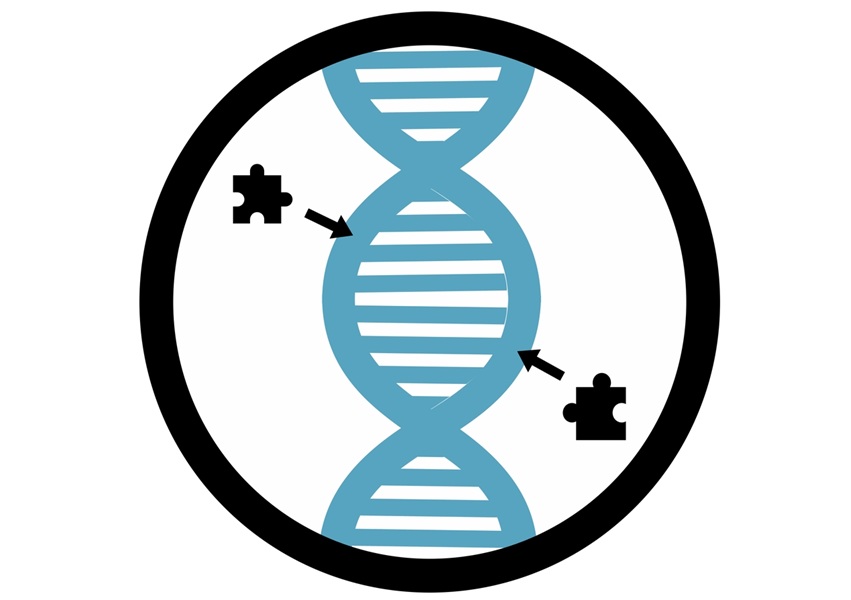Mutations Identified in KRAS, NRAS, and BRAF Genes
By LabMedica International staff writers
Posted on 08 Jun 2009
A laboratory-developed test identifies, in a single reflex test offering, genetic mutations in the KRAS, NRAS, and BRAF genes.Posted on 08 Jun 2009
The test is designed to aid the identification of about half of all metastatic colorectal cancer (mCRC) patients who, because of certain mutations of the epidermal growth factor receptor (EGFR) pathway, are believed to be unresponsive to anti-EGFR cancer therapies for mCRC.
Launched by Quest Diagnostics (Madison, NJ, USA), the test detects mutations in codons 12, 13 and 61 of both the KRAS and NRAS genes and mutations in exons 11, 12, and 15 of the BRAF gene, in a sequential reflex manner. Less than 50 % of patients with wild-type (normal) KRAS genes respond to anti-EGFR therapy, suggesting that additional mechanisms affect response. In patients with mCRC, about 5% could have mutations in the NRAS gene and 8% could have mutations in the BRAF gene. Mutations in these genes are associated with poor anti-EGFR treatment response.
The Quest Diagnostics EGFR pathway test sequentially detects mutations along the EGFR pathway, beginning with KRAS followed by NRAS and BRAF. If a mutation is identified before the entire series is analyzed, the reflex testing process stops, and the test result is provided to the physician. Any individual patient is only likely to experience one mutation in KRAS, NRAS, or BRAF, thus combined testing for mutations in these three genes should classify more patients as nonresponders than KRAS and/or BRAF testing alone.
In addition to the EGFR Pathway Test, the company has launched individual laboratory tests for identifying mutations in the NRAS and BRAF genes for physicians who prefer to order individual tests.
Anti-EGFR therapies interfere with the cell's epidermal growth factor receptor to impede cellular proliferation and prompt tumor cell death.
Related Links:
Quest Diagnostics













